104 Search Results Found For : " ┲ 발기부전치료제구입처 사이트 ⊂ vgb764.top ∂ 프릴리지금액 ㈊ 여성 최음제 구매 ╋ Spanish fly 효과 ⊙ 팔팔정 부작용 ┨ 여성최음제 지속시간 ┭ 시알리스사고싶어 ! 레비트라정품구입"
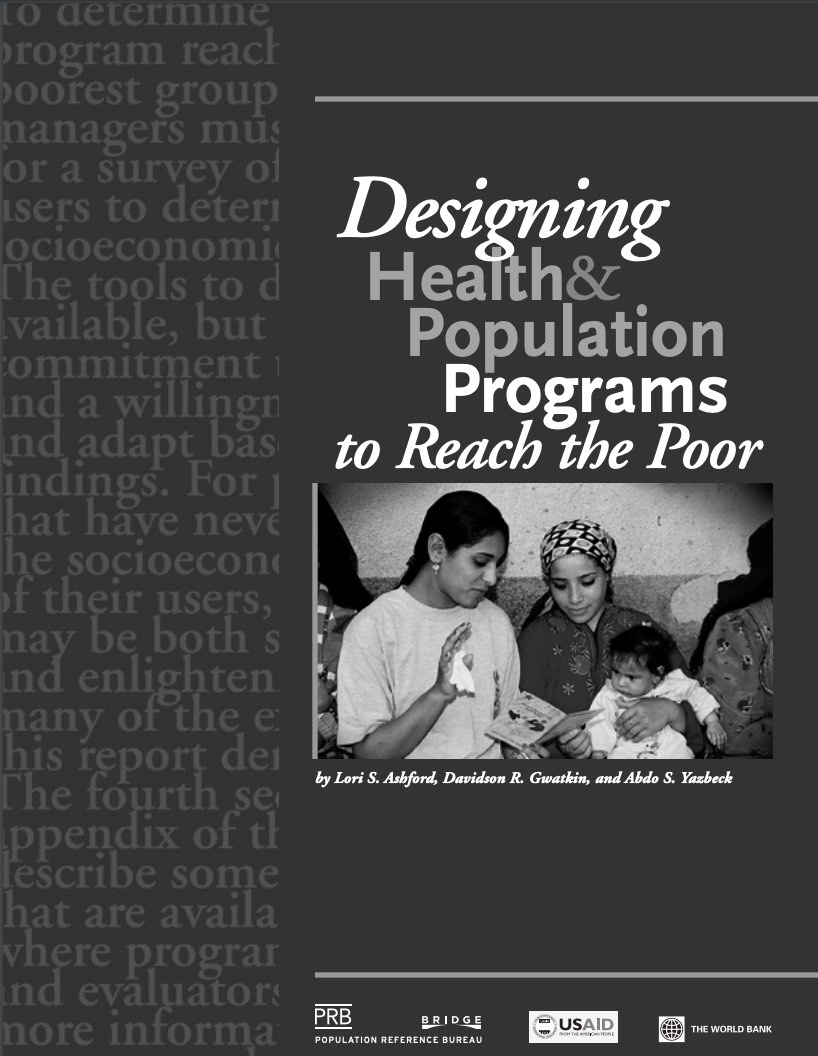
Latinos Claim Larger Share of U.S. Military Personnel
(2007) More than 35 million Americans identify as Hispanic, making them the country's largest ethnic minority. However, Latinos have been underrepresented in the all-volunteer armed forces, especially among officers.
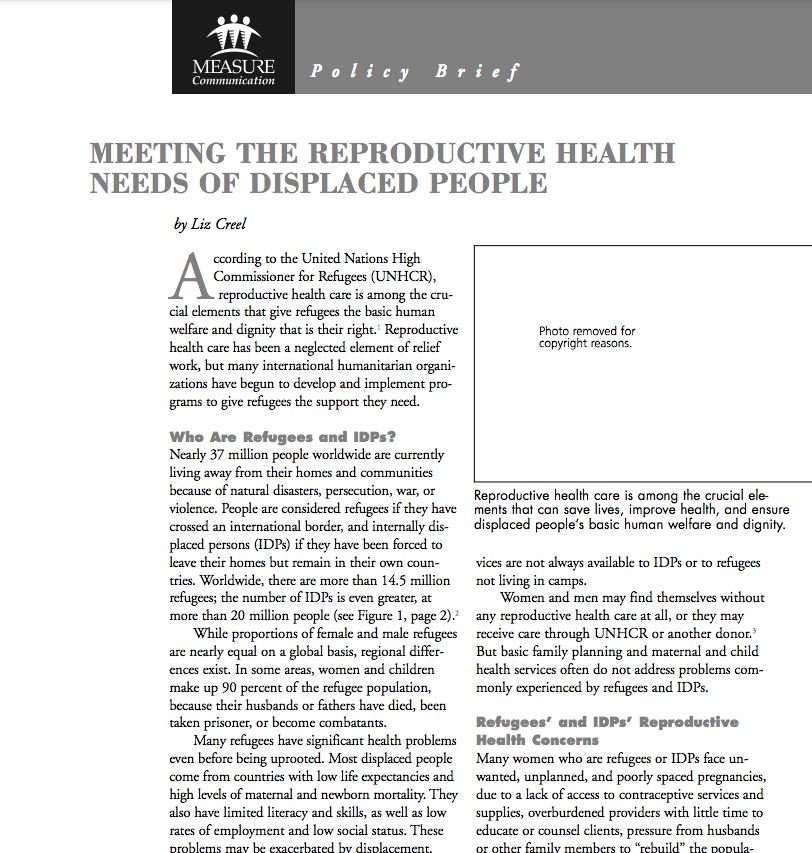
Meeting the Reproductive Health Needs of Displaced People
(2002) According to the United Nations High Commissioner for Refugees (UNHCR), reproductive health care is among the crucial elements that give refugees the basic human welfare and dignity that is their right.1
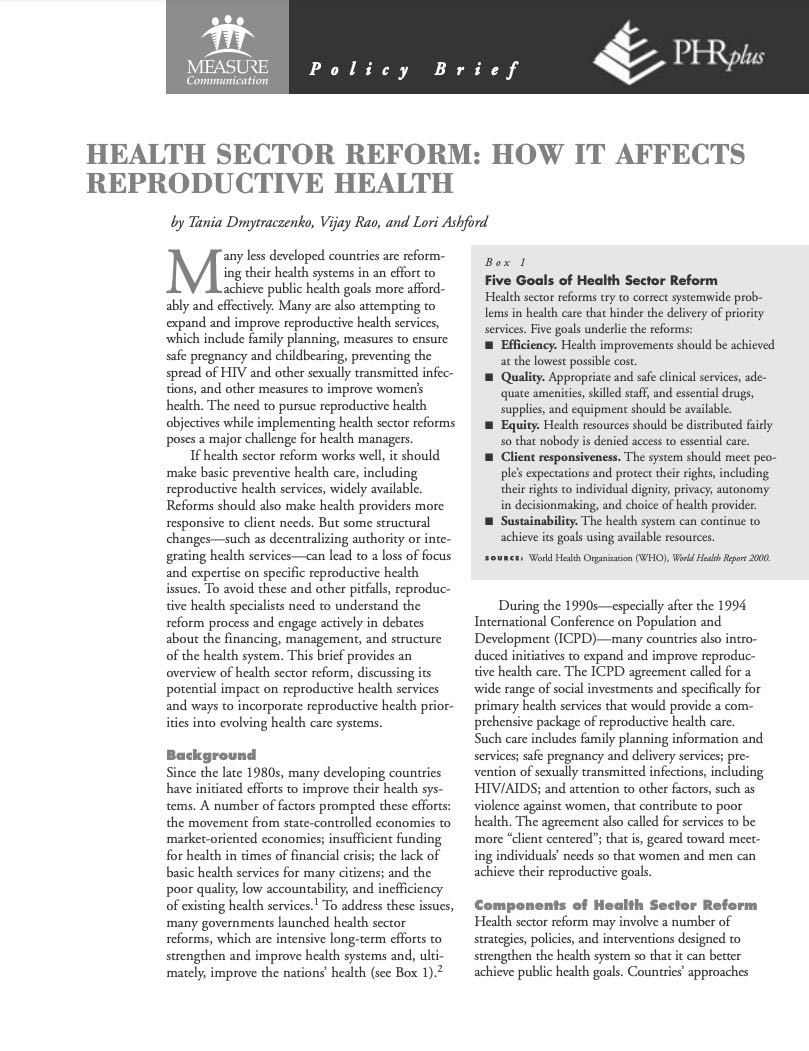
Health Sector Reform: How It Affects Reproductive Health
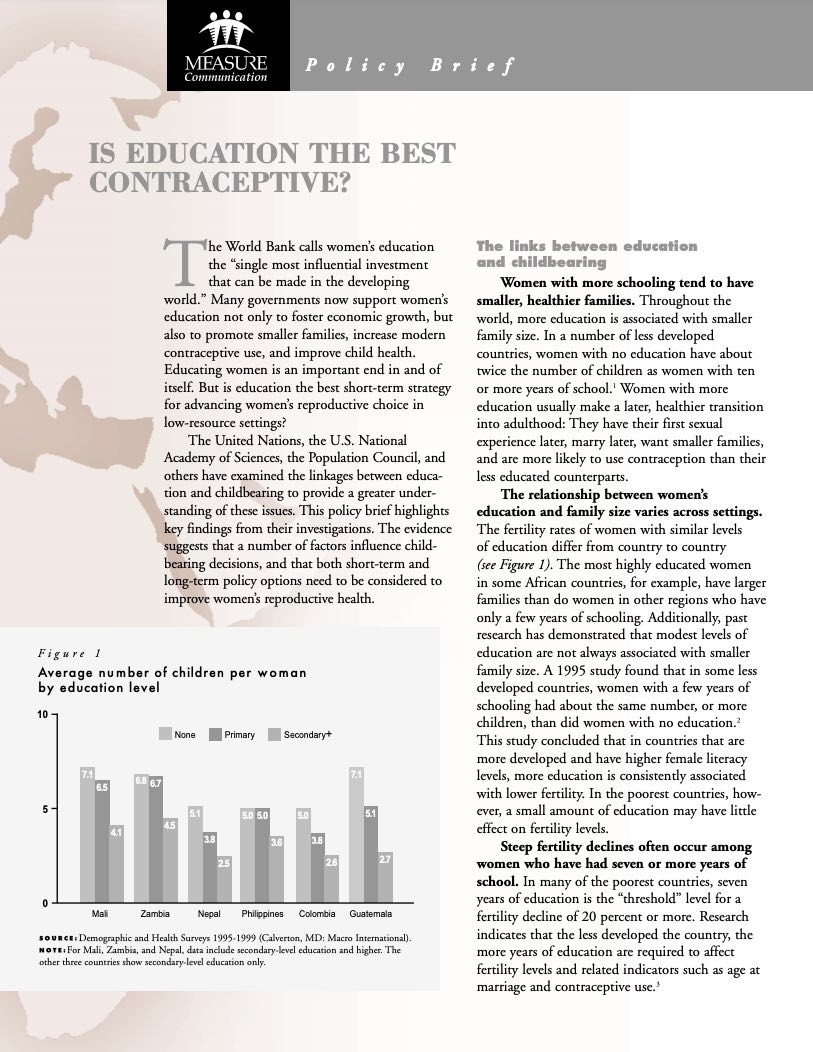
Is Education the Best Contraceptive?
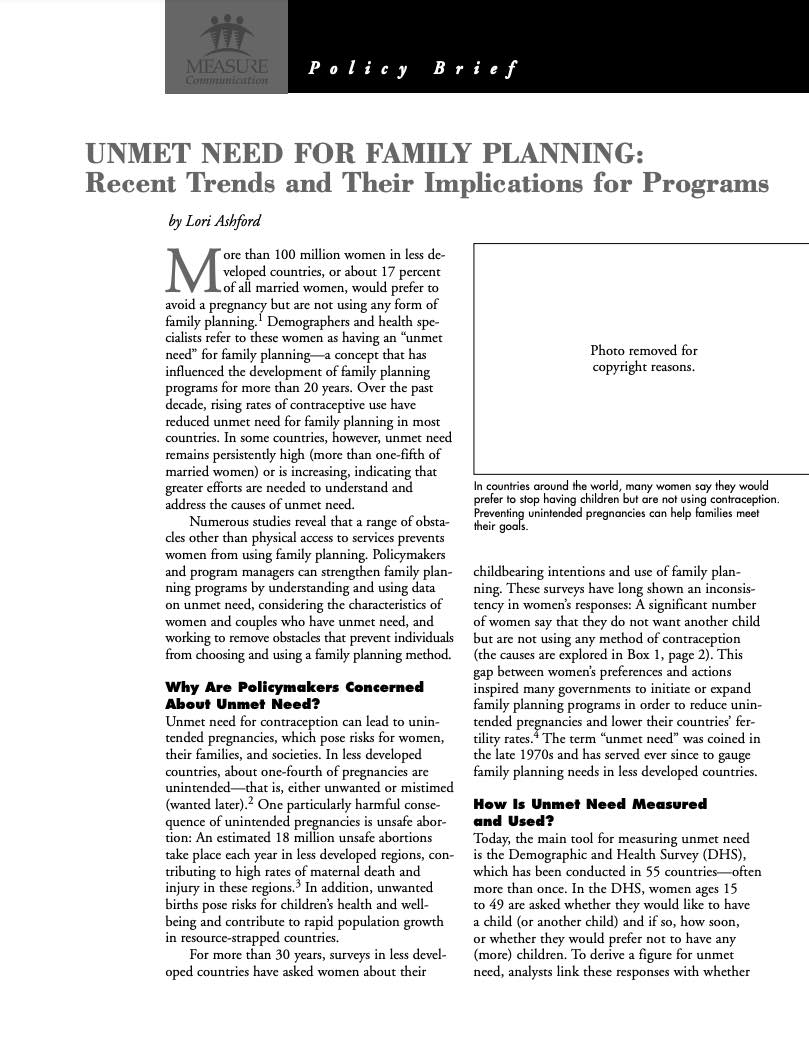
Unmet Need for Family Planning: Recent Trends and Their Implications for Programs
(2003) More than 100 million women in less developed countries, or about 17 percent of all married women, would prefer to avoid a pregnancy but are not using any form of family planning.
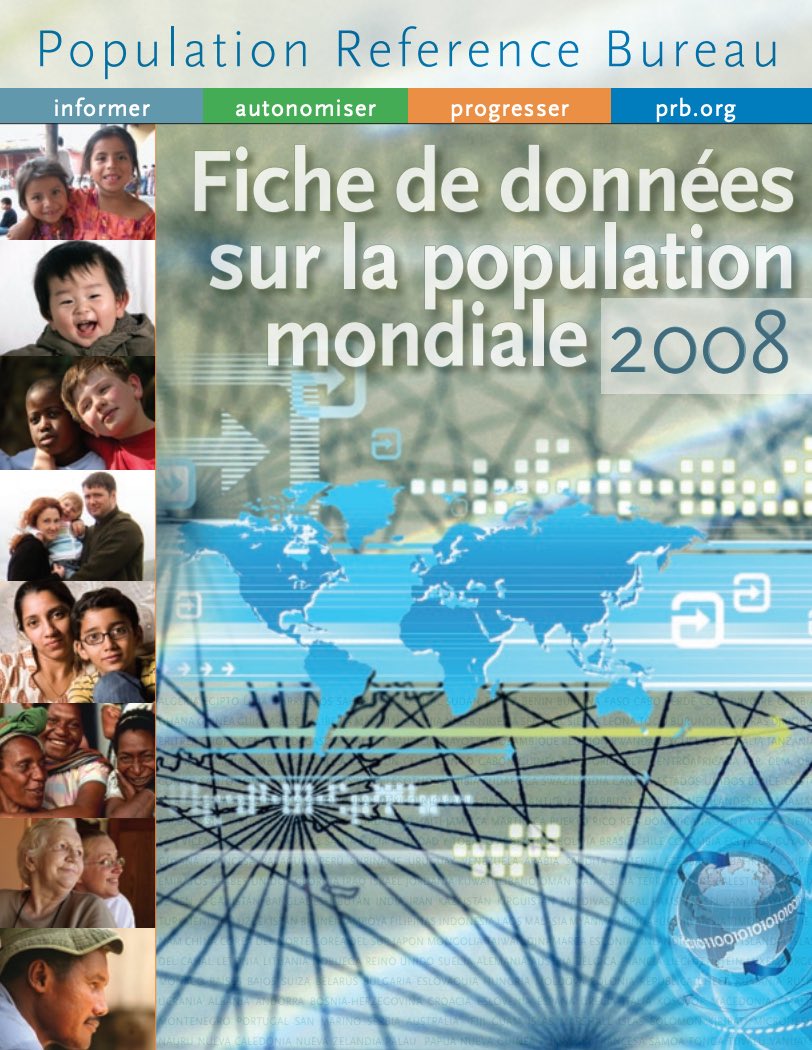
Fiche de données sur la population mondiale 2008 (PDF)
(2008) The demographic divide—the inequality in the population and health profiles of rich and poor countries—is widening.
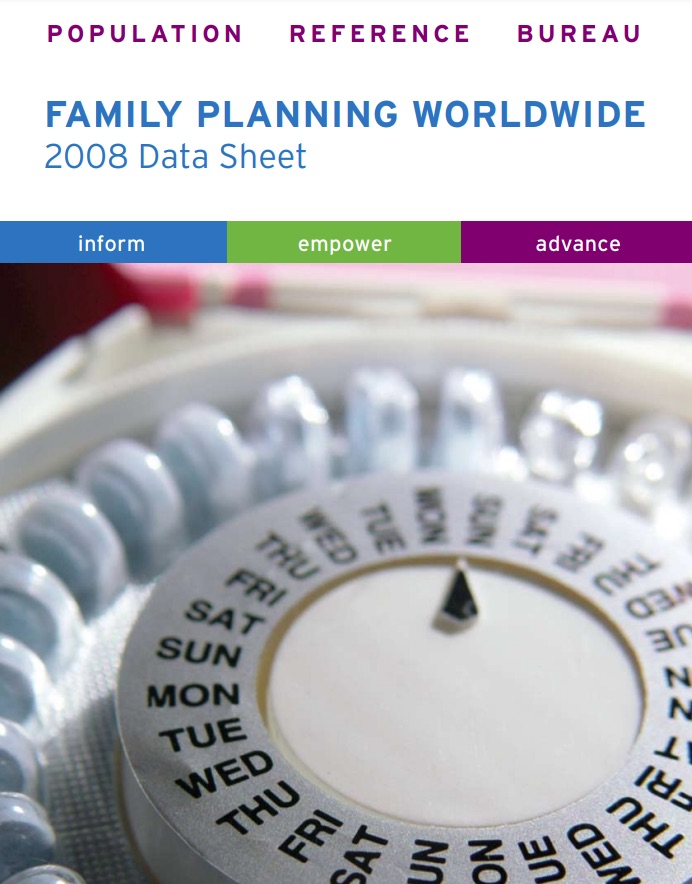
Family Planning Worldwide 2008 Data Sheet
(2008) The worldwide demand for family planning services is growing because of two trends: the burgeoning numbers of young people entering childbearing age and the increasing adoption of contraceptive use.
PRB Discuss Online: Demographic Divide, Diverging Population Growth Trends
September 2008) More than 80 million people were added to the world's population in 2008, which ensures continued growth in coming decades.
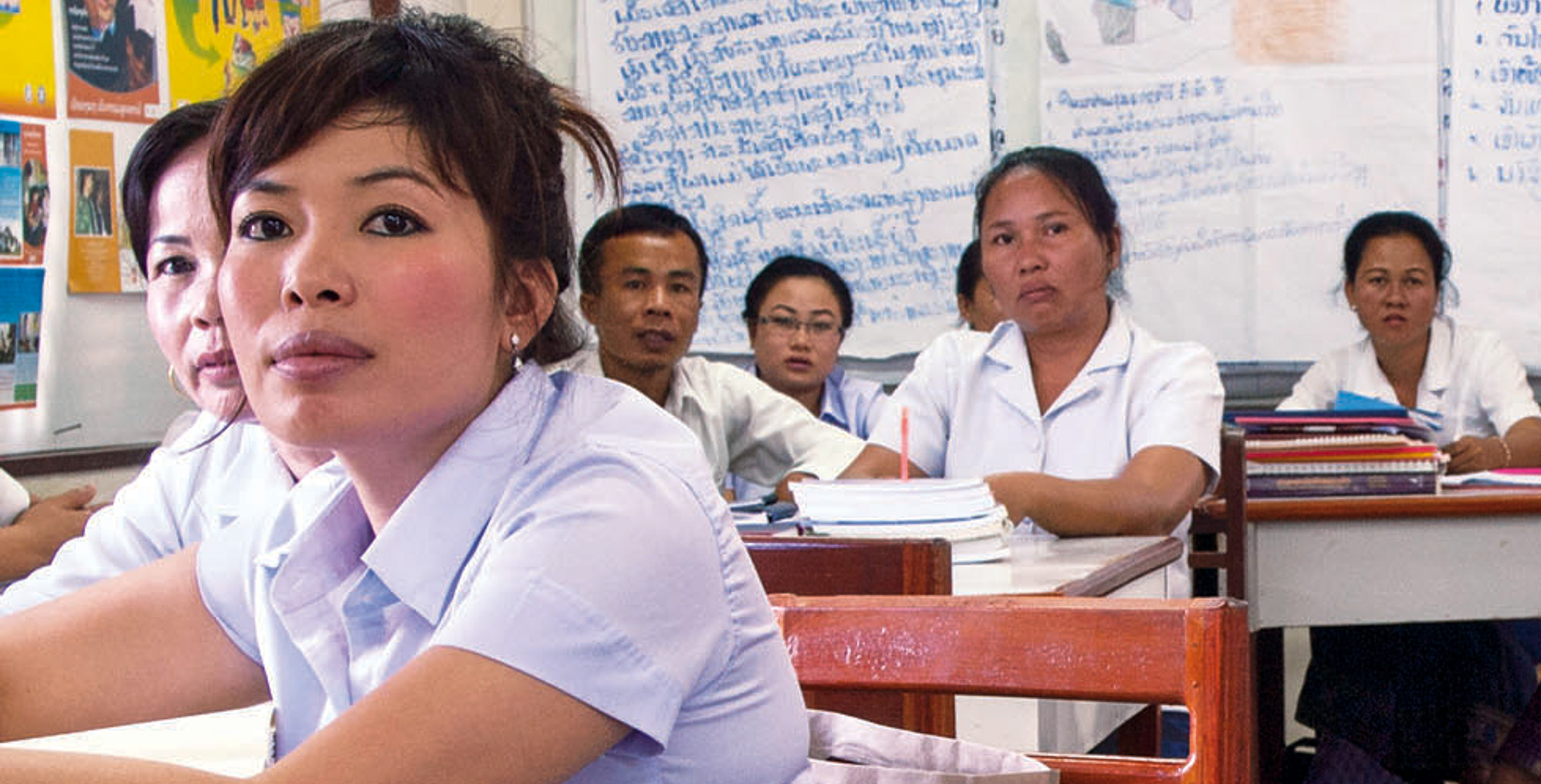
We Decide ENGAGE
PRB supports the We Decide project in its critical step of communicating new evidence on the sexual and reproductive health and rights (SRHR) of women and young people with disabilities and the gender-based violence (GBV) that many of them endure.
